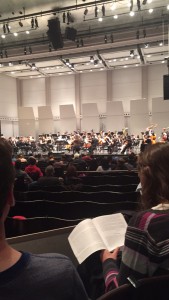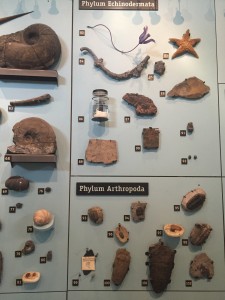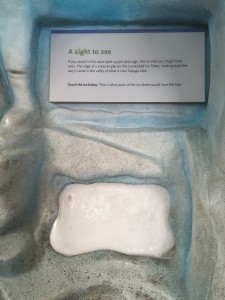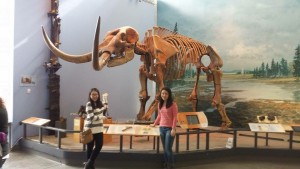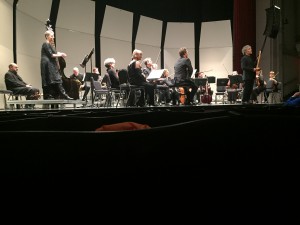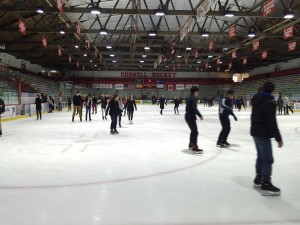I highly enjoyed Laura Simon’s talk last night on turning activism into a career. It was interesting to hear her experiences with providing services for survivors of sexual and domestic abuse. I found her talk inspirational; it revealed that pursuing a self-satisfying profession is more important than other rewards – such as higher financial returns. She taught me that our college major does not compartmentalize us into specific vocations; rather our college major can serve as a stepping stone for careers we find fulfilling. She had studied economics in undergrad and subsequently obtained an MBA. However, she realized that she can channel her skills to combating societal issues. It is within our power to change our life trajectory as long as we remain determined. I realized that I can do anything with my major – I had always thought that I would work in financial services in the future. However I now know that I could leverage my skills to work for the United Nations or non-profit organizations with missions that closely align with my interests.
Her enthusiasm for serving as Director for the Advocacy Center of Tompkins County was evident. She elaborated on what the Center does; it organizes “Take Back the Night”, an event with the mission of eradicating domestic violence, child abuse, and sexual assault. Laura also explained that 1/3 of their clients are college students, but that many students are afraid to report the incidents. I think it must be extremely fulfilling to work at the Center, to be a source of comfort and to feel that you are making a difference in a victim’s life.
Overall, I had a great time at the talk. At the end of the talk, Professor Blalock said that it could be difficult to balance practicality with passion. I agree, especially if graduates have student loans or financial obligations. However, I do want to eventually work for an organization that is dedicated to improving humanity. There are fewer endeavors in life that are more fulfilling than that.

